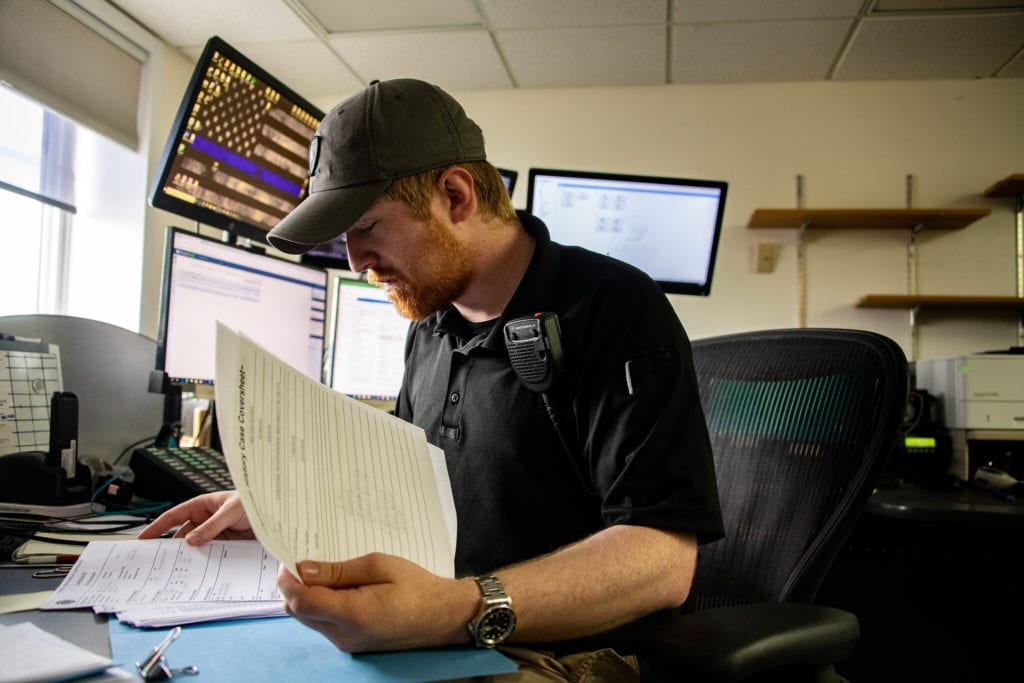
Updated 7 p.m., June 8.
A plan under consideration by Gov. Mike Dunleavy to centralize the state’s 911 response services is being questioned by Sen. Peter Micciche, R-Soldotna, who says that officials instead should get back to the drawing board with experts and stakeholders.
Dunleavy signed an administrative order on Tuesday, June 2, establishing the 9-1-1 and Dispatch Consolidation Working Group, which is to deliver its recommendations to the governor by Sept. 1. Its mandate is to conduct a thorough analysis and make recommendations related to 911 and Alaska State Trooper dispatch consolidation.
The governor said consideration would be given to the opinions of first responders, community leaders, the telecommunications industry, stakeholders and Alaskans from all over the state.
Dunleavy said he would appoint 10 voting members and two ex officio members to the working group, representing a range of interests from rural and urban emergency services to the statewide 911 coordinator. Applications for the working group are still being reviewed. The governor’s office said the meetings will be public.
Micciche said a more comprehensive solution is needed than that under consideration.
“The current plan to centralize the 911 response center – when municipal partners must continue operating their own centers for police, fire and EMS services – is laced with inefficiencies, competing 911 resources, and significant cost increases,” Micchiche said. “It will put residents and officers at additional risk and slow response times between agencies.”
While there is a need for improved rural technical capabilities within the system, doing so at the response expense of urban and semi-urban Alaskans is not a responsible solution, he said.
The current plan is related to the Emergency Communication Center Project initiated by the Walker administration in 2018 to improve Department of Public Safety capabilities in rural Alaska. Micciche said he is concerned the approach would negatively impact public safety for rural and semi-urban areas, including the Kenai Peninsula, the Matanuska-Susitna Valley and Southeast Alaska.
Micciche noted that the fiscal year 2021 budget for the state includes intent language stating that “it is the intent of the Legislature that the Department of Public Safety not implement a new Anchorage Emergency Communications Center without legislative approval.”
“That language was ignored, technically side-stepped and, unfortunately, the project has aggressively moved forward,” he said.





